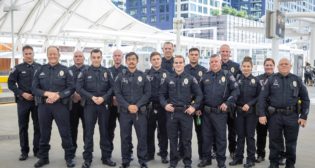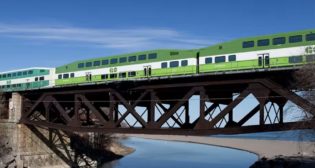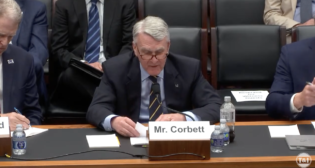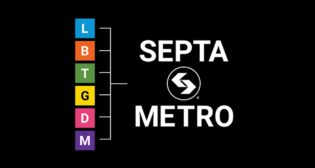
Transit Briefs: LIRR, Sacramento RTD, TTC, VIA Rail
Written by Marybeth Luczak, Executive Editor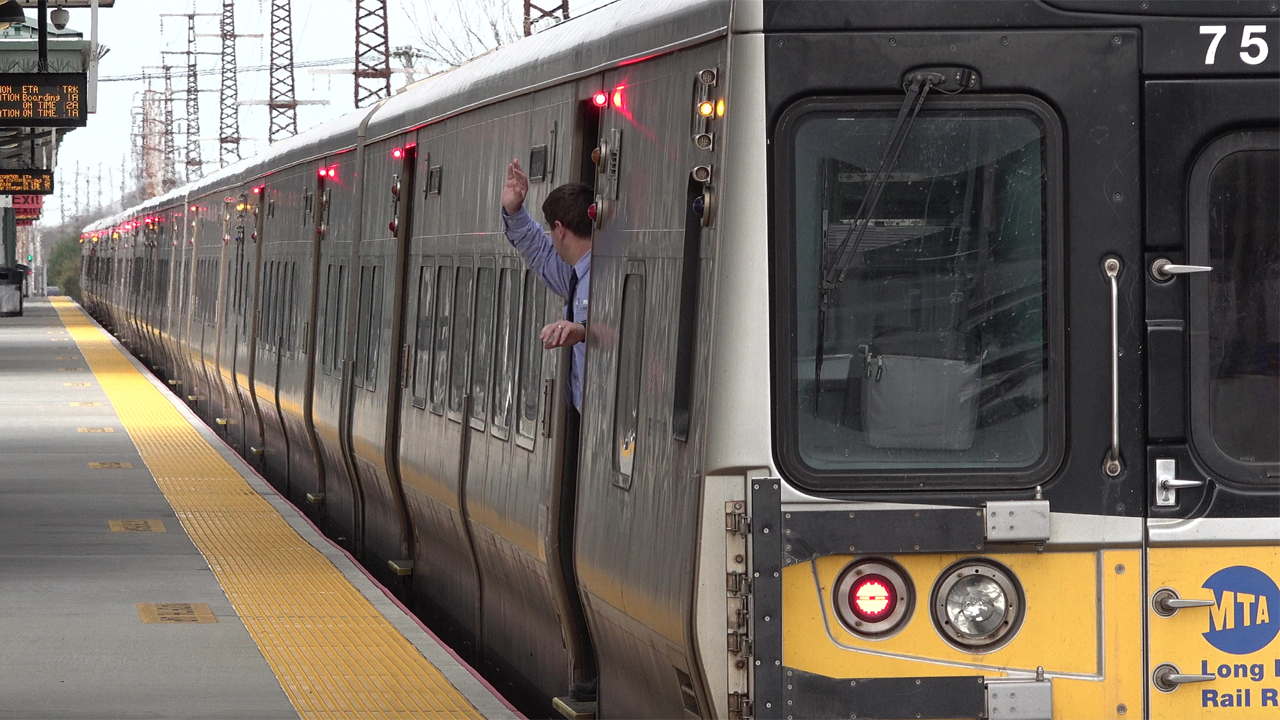
LIRR’s 2021 record on-time performance of 96.3% represents a 5.5 percentage point improvement over 2018’s rate of 90.4%.
The 2021 on-time performance of MTA Long Island Rail Road (LIRR) in New York has surpassed the previous record set in 2020. Also, this summer, Sacramento (Calif.) Regional Transit District (RTD) will start Gold Line light rail improvements; Toronto Transit Commission (TTC) has partnered with Magnusmode on a new rider app; and VIA Rail Canada has selected Icomera to deploy Wi-Fi and an onboard digital platform for riders on its new trainsets.
LIRR’s 2021 total annual on-time performance of 96.3% not only beat 2020’s 95.9%, but also represents a 5.5 percentage point improvement over 2018’s 90.4%.
The commuter railroad attributes the success to its LIRR Forward Plan—initiated in April 2018 to address train delays caused by matters within the railroad’s control, from combating switch and signal failures and broken rails to upgrading railcar reliability—and the MTA’s accelerated capital work.

This includes:
• MTA Construction & Development’s work over the past two years to eliminate eight highway/rail grade crossings along LIRR’s busiest corridor and to raise seven bridges between Floral Park and Hicksville, N.Y., reducing the number of incidents of over-height trucks striking bridges and the resulting train delays.
• Double-tracking work on the Ronkonkoma Branch to reduce congestion-related delays.
• “An aggressive schedule of switch and signal upgrades paired with more robust rail testing using the Sperry Rail testing car” to help LIRR respond to problems before they become major disruptions.
• Installation of high-visibility safety delineators at all 296 grade crossings to warn drivers about tracks.
• Elimination of 180 miles of overgrown vegetation and installation of more weather-resistant utility poles along LIRR right of ways.
• Reduction of leaf-caused “slip-sliding” where emergency braking creates flat spots on railcar wheels, forcing LIRR to take equipment out of service for repairs. “The amount of low-adhesion delays in Oct. 2021 through Nov. 2021 compared to the same time in 2018, was down by almost 50% dropping from more than 600 to 309,” LIRR said. “The reduced wheel damage also allowed crews to remove 60 fewer cars from service compared to 2019.”
“We are proactively tackling longstanding issues through aggressive measures to eliminate, mitigate and prevent problems before they can become major disruptions,” LIRR President Phil Eng said. “The LIRR Forward plan laid out the vision, but it was the LIRR workforce—working tirelessly and often thanklessly day in and day out—that deserves the credit for making the vision a reality.”
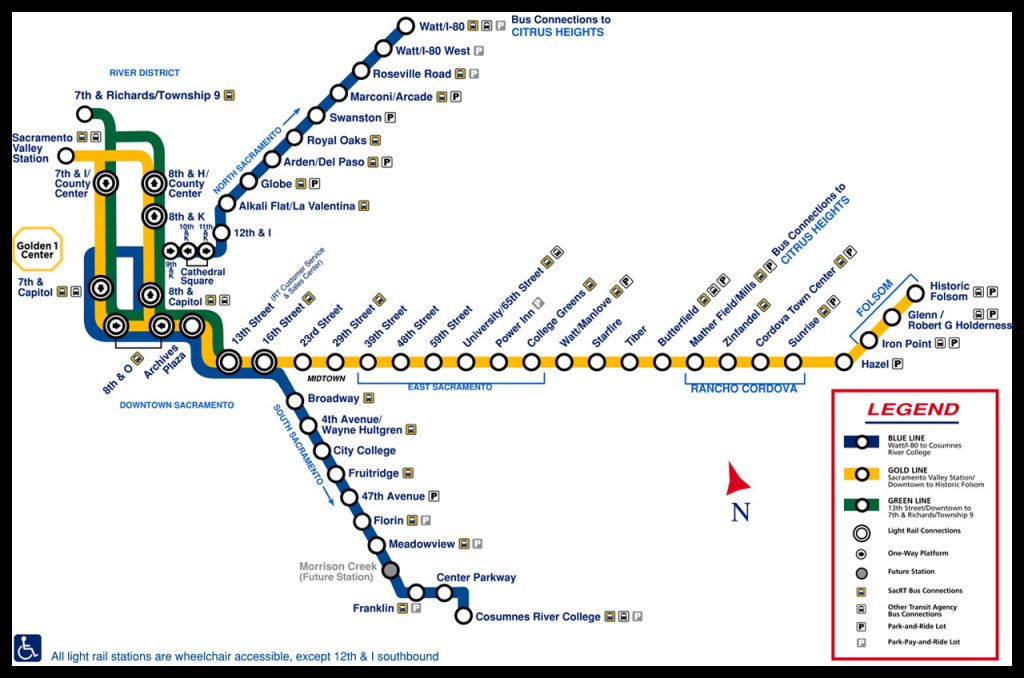
Sacramento RTD has reported that work will start this summer to improve Gold Line (Highway 50 corridor) service to Folsom. To allow train operation every 15 minutes between Sunrise Station and the Historic Folsom Station— rather than the current 30 minutes—the agency will install a second, or passing, track between the Hazel Station and the Historic Folsom Station. The agency will also raise Gold Line station platforms to accommodate the 28 new low-floor LRVs being built by Siemens Mobility; Sacramento RTD awarded the manufacturer a 20-car contract in April 2020 and ordered another eight cars in December 2021. The more than $150 million project is expected to wrap up by late 2023.
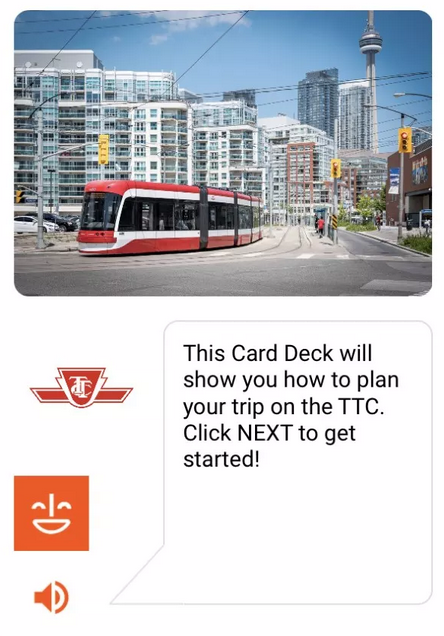
TTC has teamed with Magnusmode to provide autistic and neurodiverse riders with a digital life skills app, MagnusCards™. TTC MagnusCards provide step-by-step visual, audio and text-based guidance on how to enter, board and exit a TTC subway car or station, streetcar and bus.
Also included is information on fares and passes, trip planning, navigating the TTC website, and connecting with TTC customer service. The free app is available for download in the Apple App Store or Google Play Store.
“We’re committed to ensuring that our services are accessible to all our customers regardless of ability, and I’m very pleased that we’ve been able to cultivate this partnership with Magnusmode,” TTC CEO Rick Leary said.
“From getting to work, to going to appointments, and traveling to visit friends, accessible transit opens the world up to the autistic and neurodiverse community, offering the freedom to gain greater independence through travel,” Magnusmode Founder and President Nadia Hamilton said.

Icomera Canada, an EQUANS subsidiary based in Mississuaga, Ontario, has signed a 10-year managed services agreement with VIA Rail. It will deploy Wi-Fi and help create an onboard digital platform for riders on the 32 new Siemens trainsets slated to enter service in fourth-quarter 2022.
The new bidirectional trainsets—powered by Siemens EPA Tier 4-emission-compliant Chargers (with Cummins QSK95, 16-cylinder diesel engines)—will replace VIA Rail’s fleet that operates along the Quebec City-Windsor Corridor. The corridor, VIA Rail’s busiest, carried more than 4.7 million riders in 2019, representing 96% of its pre-pandemic ridership.
In September 2021, VIA Rail Canada took delivery of the first trainset, and on Nov. 30, 2021, revealed it to the public; testing started in December 2021.
“Keeping VIA Rail’s passengers informed and productive throughout the journey is one of the easiest ways to improve the onboard experience,” said Gabriel Lopez-Bernal, Vice President of Sales and Marketing for Icomera in North America. “Canada’s passengers will soon enjoy an upgraded passenger experience.”

